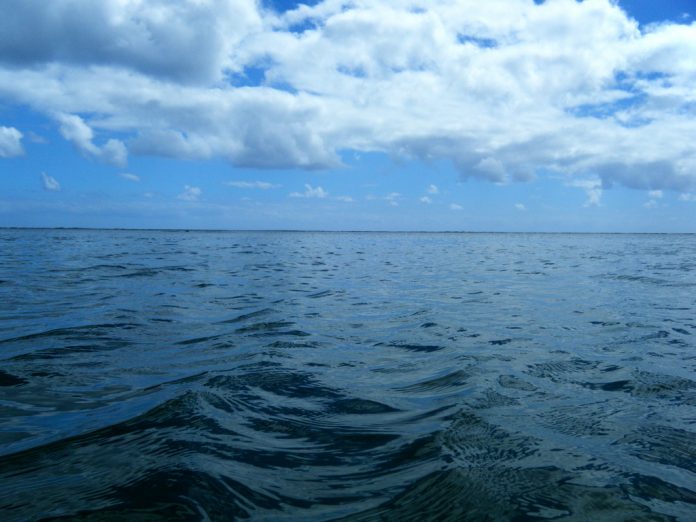European Union member states are not doing enough to protect the marine environment. According to a new European Commission, measures currently in place are not yet sufficient to achieve good, healthy and productive seas by 2020.
The European Commission on August 1 published a report on the implementation of the EU Marine Strategy Framework Directive assessing the measures put in place by EU member states to achieve “good environmental status” by 2020. This concept is defined by measures conserving biodiversity and tackling pressures like overfishing, seabed damage, marine litter and contaminants.
“Oceans and seas are essential to the well-being of our planet, and we cannot compromise on their protection,” said Karmenu Vella, Commissioner for Environment, Maritime Affairs and Fisheries. “This is why the EU has one of the most ambitious marine environment policies in the world. Over the last years, member states have put a lot of effort to ensure that the seas’ resources are used and managed sustainably, relying a lot on regional cooperation.
“Unfortunately, despite these efforts, the measures taken so far are not yet sufficient to achieve good, healthy and productive seas by 2020. I therefore urge Member States to take heed of the recommendations made by the Commission to move a step closer to achieving this goal,” added Vella.
The Marine Strategy Framework Directive provides an ambitious and holistic framework to protect the EU’s seas and oceans, and ensure that their resources are managed sustainably.
EU member states are required to set up six-year strategies through which they assess the status of their marine waters; determine ‘good environmental status’ on the basis of 11 descriptors (such as biodiversity, commercial fish stocks, marine litter and sea-floor integrity); set environmental targets, develop and implement monitoring programmes; and finally develop and implement measures to achieve this good environmental status objective.

